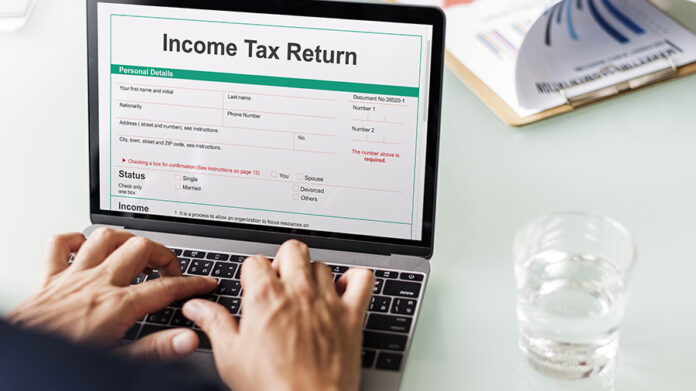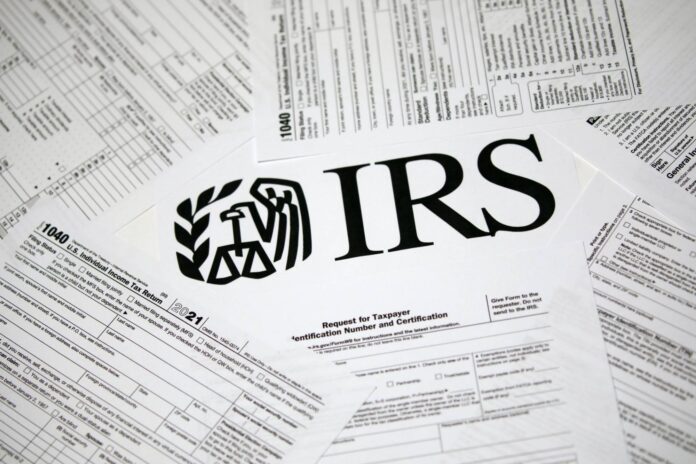Life can be tough as a business owner. Expenses have a tendency to creep up on you without warning, and the IRS is always there to dip into your coffers as well. One of the best ways to protect your business on that front is to start learning tax law; with a background in taxes, you can keep these costs from sneaking up on you – and potentially save on other expenses.
Most businesses consult with a professional accountant on their taxes, which is still an incredible business investment. Filing taxes is not an easy thing, and an accountant will go a long way in saving you money. However, if you can fill in the gaps with some basic tax law knowledge, you can save your company money year-round.
What Taxes Does Your Business Owe?

You will have to pay several types of taxes, depending on the activities of your business. The types of taxes to hit businesses include:
- Federal taxes
- State taxes
- Local taxes
- Income taxes
- Property tax
- Sales tax
- Self-employment tax
- Payroll tax
Let’s open with income taxes. You pay taxes from the profit your company earned. How you have to pay this tax depends on the type of business. You have sole proprietorships, partners in partnerships and S-corporation. If you’re a freelancer, report income using 1099 tax forms.
Each type of business will enjoy tax advantages, but you have tax disadvantages as well. Speaking with your accountant can clarify the waters to understand your best path.
Most states have a written law where you must pay sales tax to the state department of revenue, but the customer pays this. Depending on the state, specific products and services will have a sales tax tacked onto it. You collect the money from the customer and report it to the department of revenue. Many states have now implemented a law where you have to pay sales tax from online sales as well.
If you don’t pay your taxes, it’s important to understand who can be held liable. It’s not the sort of thing that just affects the owner of the company. Stanton Goldberg does a great job of explaining the IRS’s use of the term “responsible persons,” and their willingness to define many people within the company as responsible for tax payment. If you’re not paying your taxes, the entire business can be tied up in a legal dispute very quickly.
How Do You File Tax Returns?

To file your taxes, you can do it one of three ways:
- Manually filled out 1040 form
- Tax software like TurboTax
- Professional tax accountant
To manually fill out a 1040 form, it doesn’t cost anything, but you have a higher risk of mistakes on your return. With tax software, you may not have to pay anything if you have a simple tax return. For those with a bigger tax return, the charges will range anywhere from $30 up to $100. It depends on the software chosen. You may choose to hire a professional tax accountant. This option costs the most, but you have the lowest risk of errors. Not to mention, many tax accountants will hire a tax lawyer to defend your rights in the courts if the IRS audits you.
That doesn’t, however, happen in every case, and you have situations where the tax accountant made a mistake, and they cast them off like a pair of dirty socks. You have to choose wisely if you go this route. Never hire someone unlicensed and unqualified to do your taxes. This requires the special care of someone who understands the changing tax laws.
What Happens if You Miss a Payment?

You may be wondering what happens in the case where you would either forget a payment or not have enough cash to put money down. For those who miss a tax payment, the IRS tacks on a five percent fee for each month where you failed to pay your taxes. Along with the five percent penalty fee, the IRS will add a minimum of $135 or 100 percent of the taxes owed. The percentage can reach up to 25 percent. You will also have to pay interest on the amount that you failed to pay.
If you get behind, don’t panic. You want to keep a calm mind and pay the taxes as much as possible. With every passing month, you will have to do more, so it is in your best interest to pay it as soon as possible.
For those who continue to ignore paying their taxes, the penalties climb a mountain. Some of the possible actions taken against you include:
- Charges for tax evasion
- Seizure of your property
- Forfeiting your tax refund
- Revoking your passport
- Filing a federal tax lien
As long as you show the IRS that you want to pay off the taxes, they won’t take these extreme measures in most cases. Still, you have to remain aware of these things.
How Should You Respond to Notifications from the IRS or a Tax Lien?

You want to work with the IRS as much as possible if you receive a letter of notification. Don’t let yourself get overly emotional. Fighting against the IRS becomes a lose-lose situation if you know you’re in the wrong. Instead, you will want to get into contact with them as soon as possible to work out payments. Do this as professional of a manner as possible. You can call them at 800-829-1040.
Let’s say that the IRS put a tax lien on the property. According to attorneydebtfighters.com, you could define a federal tax lien as the government putting a claim in on business and personal assets for failing to pay your tax debt. The IRS won’t be a lien against your property unless you have a balance on the books, and they haven’t already sent you a bill explaining how much you owe. This specifically happens when you get the bills, and you fail to respond to them. That’s when the IRS will come at you hard. They will put in a notice of a Federal Tax Lien to alert all other creditors that they have first rights to your property.
Hopefully, this clarifies some of the confusion that you might encounter with tax law for businesses. In general, you won’t have too much for problems if you pay your taxes on time. As a business, you will pay your taxes quarterly, which means you pay them in four different sessions throughout the year. This lowers the burden of having to fork over a large lump sum toward the end of the year, which results in a 1/2 penalty when you don’t pay your taxes quarterly.









